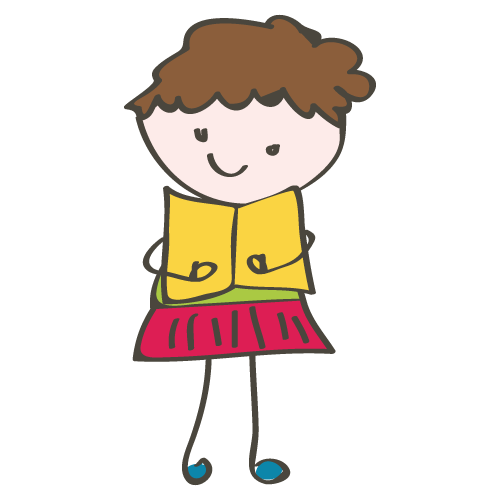What is counselling?
Counselling provides children and young people a confidential, non-judgemental and safe space to talk about their thoughts and feelings. This will help them to share any worries or problems that they may have while building skills and strategies to help them cope better. Often counselling provides children space and time to gain a different perspective on problems and issues while building their own sense of confidence and self-esteem.
Frequently asked questions:
How do I know if my child needs counselling?
While it can sometimes be difficult to tell the difference between general challenging behaviours, taking normal development and hormones into account, counselling can be necessary when one believes that their child is unusually anxious, sad or irritable. In addition, if there is a change in your child’s behaviour that persists over many weeks or months, and amendments at home are not making a difference, it may be time to consider seeking external help such as counselling. Further indications that a child may need support is if their overall functioning, personality or temperament seems to be changing. Keep in mind that early intervention can have far more beneficial outcomes.
I am on an NHS waiting list for CAMHS, can I still access your support?
Yes! Many families that are on a NHS/CAMHS waiting list seek counselling services so that their child is supported in the interim. This is beneficial in preventing the child or young person’s mental health difficulties worsening.
My child is hesitant to try counselling, should I make them come?
It is an important part of the process that children and young people consent to counselling and making them come to sessions when they do not want to can affect the progress and may cause more stress for your child. Try to talk to your child about what it is that is worrying them about coming, to see if you can get to the root of their concerns. We can share some ideas with you that may support your child in trying out a one-off session.
My child has a SaLT/OT, why would they need counselling too?
There is a complex relationship between poor mental health and special educational needs (SEN) such as speech and language difficulties. Children and young people with SEN can be at higher risk of mental health difficulties as they may battle with low self-esteem, social and/or academic difficulties as well as the impact of peoples attitudes. This can result in children feeling lonely, isolated, othered, anxious or even depressed. While SaLt and OT see to their speech and language or occupational difficulties, counselling sees to children’s emotional and psychological needs.
How is counselling different from play therapy?
Counsellors and play therapists both work in the field of mental health, but they differ in their approaches and target populations. Both counselling and play therapy see to equip children/adolescents/young people/young adults with adaptive behaviours, better coping mechanisms, improved self-belief and self-confidence and promote resilience. Please see below to see how counselling and play therapy differ.
Counselling
Age range 9 to 18+
Utilises talk therapy techniques to help you people to explore and understand their thoughts, feelings, and behaviours.
Emphasis on therapy based on talking and verbally communicating/expressing.
Ideal for those who have the ability to use speech and language but need encouragement and guidance in order to discover and improve emotional literacy.
Play Therapy
Age range 3 to 12
Utilises play therapy as a form of communication and therapeutic intervention.
Emphasis on play and ‘playing out’ what may be difficult putting into words.
Ideal for those who have speech and language difficulties or challenges.
Ideal for the younger ages as, in terms of brain development, they may not understand why they are feeling a certain way or have the words to describe these feelings.
